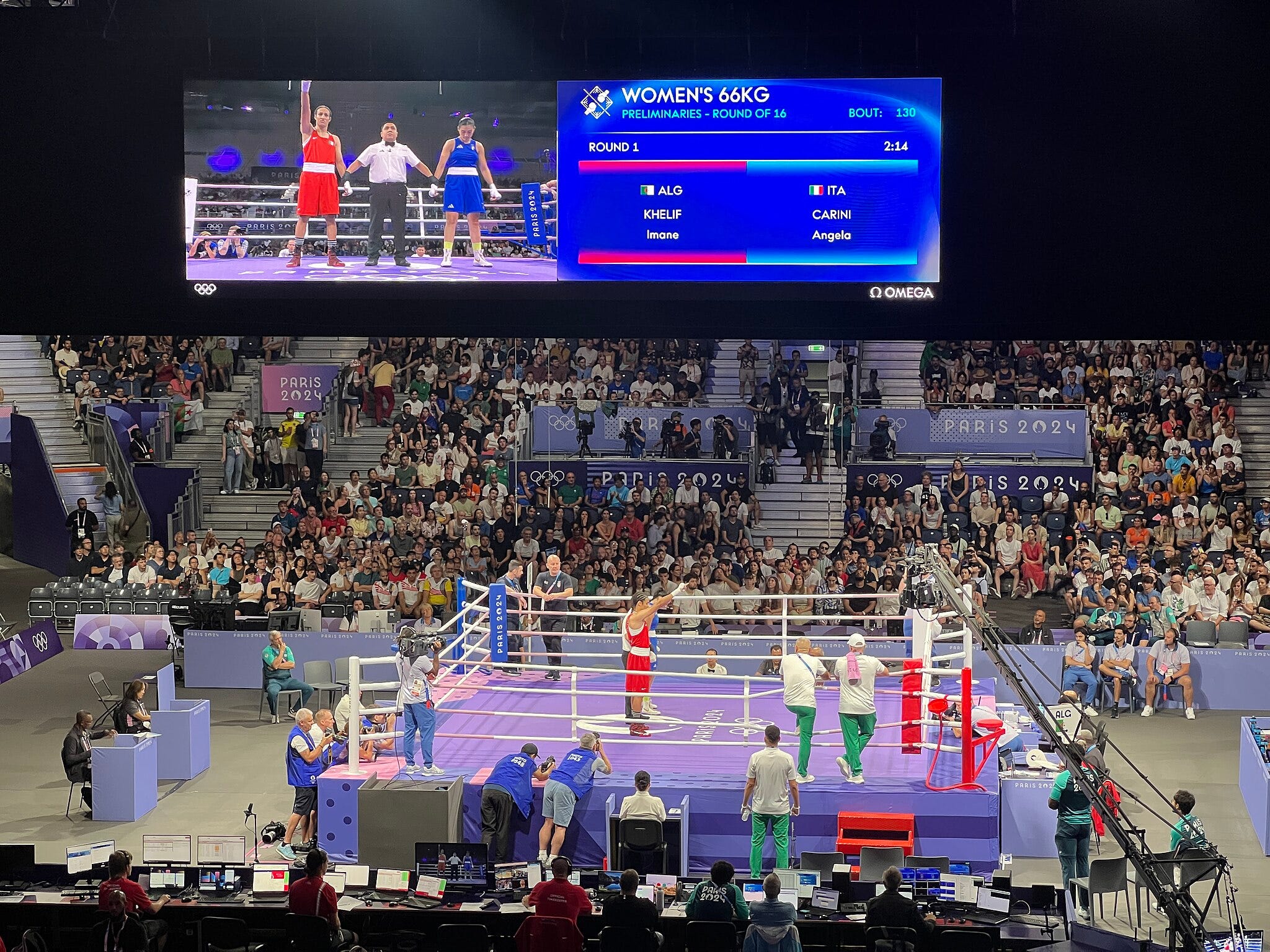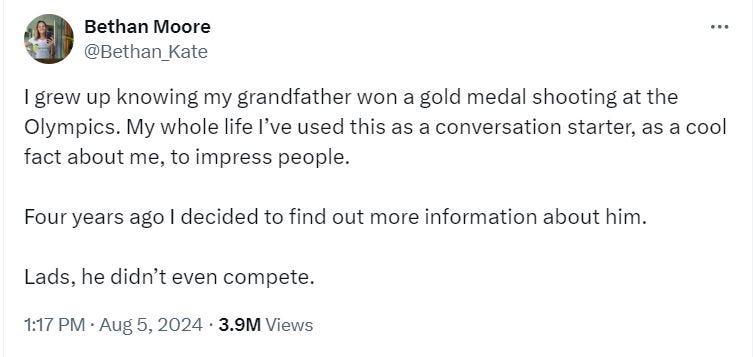|
Critical State: Dream Home?
If you read just one thing … read about the nightmare wrinkle in the UK housing crisis!
In The Dial, Lauren Kelly looks at what housing competitions promise to UK residents trying to survive the gauntlet that is the UK housing market — versus what they actually deliver. As Kelly writes, “Prize draws like Better Chances,” one such competition, sell a dream, a way out of the UK’s escalating housing crisis. To buy a ticket is to imagine living comfortably, if not extravagantly. However, winning a home is rare, sparking inquiries into whether the competitions are riddled with deceptive practices and possible fraud.” Over the last seven years, only 34.7% of housing competitions in the UK actually resulted in the winner getting property.
Property competitions aren’t new, Kelly explains, but though they’ve been around since the early 2000s, they really became popular in 2017, when “Marie Segar, a finance worker, won a six-bedroom 18th-century country home in Lancashire worth £800,000 after purchasing 20 tickets for £40.” Today, thousands turn to them to try to escape the country’s exceedingly difficult housing market. But the competitions are unregulated in the United Kingdom. And even those who do actually win a home can find that their luxury properties are expensive to maintain, and many winners can’t actually afford to keep the properties they win.
Out With the Old, in With the Institutions
In Noema, Nathan Gardels, the publication’s editor-in-chief, argues, “It is a mark of just how deep the crisis of governance across Western democracies has become that conflict irresolvable through political competition is giving way to the reconsideration of founding constitutions and the institutions they invest with legitimacy.”
Gardels argues that the ongoing crisis of trust wasn’t caused by populism, which was, in fact, a symptom “of the decay of democratic institutions that, captured by the organized interests of an insider establishment, failed to address the dislocations of hyper-globalization, the disruptions of rapid technological change and the attendant creep of widening cultural cleavage.”
Gardels then turns to the cure, arguing that, while “fix institutions” may not be the most popular slogan, “repairing and restoring the integrity of democracy’s infrastructure is the only path back to trust. … Popular emotion is the Achilles heel of democracies. Institutions that temper emotion through the cool deliberation of disinterested reason are what make the system work to the benefit of all.”
Jab Back
 |
In The Nation, Jules Boykoff and Dave Zirin offer an impassioned defense of Algerian boxer Imane Khelif.
As the authors explain, “In an invented ‘controversy’ whipped up by an assortment of transphobes, right-wingers, and fascists (and proliferated by a coterie of useful idiots), Khelif was viciously targeted after her first-round knockout of Angela Carini of Italy. The great lie was that Khelif was a man posing as a woman.” The International Boxing Association, from which the International Olympic Committee withdrew recognition in 2023, said, without evidence, that Khelif failed certain tests that would have indicated her full womanhood.
The authors note, “As trans activists have said, transphobia also hurts cisgender women who don’t conform to a narrow, Eurocentric vision of womanhood proffered by J.K. Rowling, Riley Gaines, or other high-profile purveyors of hate who cower behind the banner of ‘protecting women’s sports.’ Sports is an entry point to attack trans people in all walks of life.” But they also make clear that it’s disappointing that some of the apologies have come for calling Khelif trans. She isn’t, but nor is the word trans an insult. As the authors put it, “This makes it seem like if she was trans, she’d deserve the abuse.”
Deep Dive: Taiwan’s Dynastic Politics
In a recent issue of Japanese Journal of Political Science, Nathan F. Batto and Benjamin L. Read, in an article called, “Some head starts are bigger than others: dynastic legacies and variation in candidate quality in Taiwan's local elections,” pose a chicken or egg question of sorts: Are candidates from established political families more likely to win than their non-dynastic counterparts because of their family legacy, or because of the individual characteristics they bring to elections? And how and when are political resources handed off to a new generation?
Previous literature suggests that much of this dynastic is down to resources that can be transferred to younger family members and candidates and then used in campaigns. The authors also note that these candidates have higher name recognition and a ready-made brand. But to better answer their questions, the authors looked at Taiwanese city and council elections from 2009 to 2014. As they write in explaining this choice, “The 22 city and county councils constitute the vital middle level of Taiwan's politics. In substantive terms, they play a significant role in democratic governance.” Also, “these councils can be thought of as both coveted destinations and vital way-stations in the career trajectories of many politicians.”
Dynastic candidates tended to be younger and less electorally experienced than their non-dynastic counterparts. Yet, the authors argue, this isn’t what propels them to success, and in fact they win despite these qualities, not because of them. This is to say that dynastic candidates have advantages that are significant enough to either outweigh or cancel out individual qualities that might otherwise be considered as drawbacks. And being a dynastic candidate gives a politician more of a boost than does a well-padded resume. There are, of course, several factors that go into whether a candidate wins, but “the legacy advantage strongly holds its own in the regression analysis. As we have seen, dynastic candidates do not always win, but they enjoy much more favorable odds.”
As the authors conclude, “Even after controlling for candidate quality, dynastic status remains a powerful predictor, conveying roughly a 20 percentage point increase in the probability of winning. This suggests that while dynastic candidates accrue some of their advantage long before they run for office, a large part of the inheritance is transferred during the campaign.”
There are other questions that the authors feel are still ripe for exploring. For example, how much does the relationship with the dynastic predecessor matter? What about relations with others in the family? And though the name can help them win, the authors didn’t look into whether it actually helps them govern—or move onto higher office. Those are questions that they, like the dynastic families they studied, are passing onto future researchers.
Show Us the Receipts
Sofia Guerra and Allen Hester wrote that military spending should be reined in. “Endless money fuels endless war, often at the expense of human needs at home and abroad. When lawmakers fund weapons and programs that even military leaders do not want, they are not making our country or the world safer,” they argued. They also saw spending as a symptom of a larger problem, writing: “The resistance to common-sense policy reforms, like eliminating the Pentagon’s wishlists, is a symptom of a much larger problem: a dependence on military spending as a response to a rapidly changing world.”
Daniel Ofman explained what the US-Russia prisoner swap — the largest in post-Soviet history — could mean for US-Russia relations. As Ofman put it, “from the Biden administration’s perspective, they’ve said a bunch of times that returning Americans imprisoned abroad on false charges is a priority, no matter where they are, Russia or otherwise. And this deal is them following through on that commitment. Now, from Putin’s perspective, there are a few other messages that he could be sending here.” He also offered that “perhaps the Kremlin sees this as an opportunity to show that it’s a willing negotiating partner, and that these types of negotiations could lead to some impressive results.”
Tibisay Zea reported on the Venezuelans who still support Nicolas Maduro. As Zea explained, though in time “[Hugo] Chavez’s revolution turned into an authoritarian and repressive regime that, as evidence shows, executed an electoral fraud. Even so, today, his legacy looms — millions of Venezuelans continue to support Chavez’s handpicked successor, Nicolás Maduro.” After Chavez passed away, “Maduro inherited economic problems, including low oil prices and a declining oil industry. That, combined with bad economic policies and rampant corruption, left the country in ruins, which meant Maduro had to stop many of Chávez’s missions.” He has also imprisoned opponents and taken over democratic institutions, and millions have fled the country. But some believe this is the fault of imperialism, and specifically the United States.
Well-Played
Mendacity and a musical.
A gold medal in lying.
Will someone please explain it to him?
Madame Vice President … Who had the best posts?
Never doubt.
It’s bad for you, actually.
Critical State is written by Emily Tamkin with Inkstick Media.
The World is a weekday public radio show and podcast on global issues, news, and insights from PRX and GBH.
With an online magazine and podcast featuring a diversity of expert voices, Inkstick Media is “foreign policy for the rest of us.”
Critical State is made possible in part by the Carnegie Corporation of New York.
Inkstick’s work is free today. But it’s not free to produce. If our content is something that you’ve come to rely on, please consider making a tax-deductible donation today. Even $5 or $10 a month makes a huge difference. Together, we can change the face of foreign policy.

